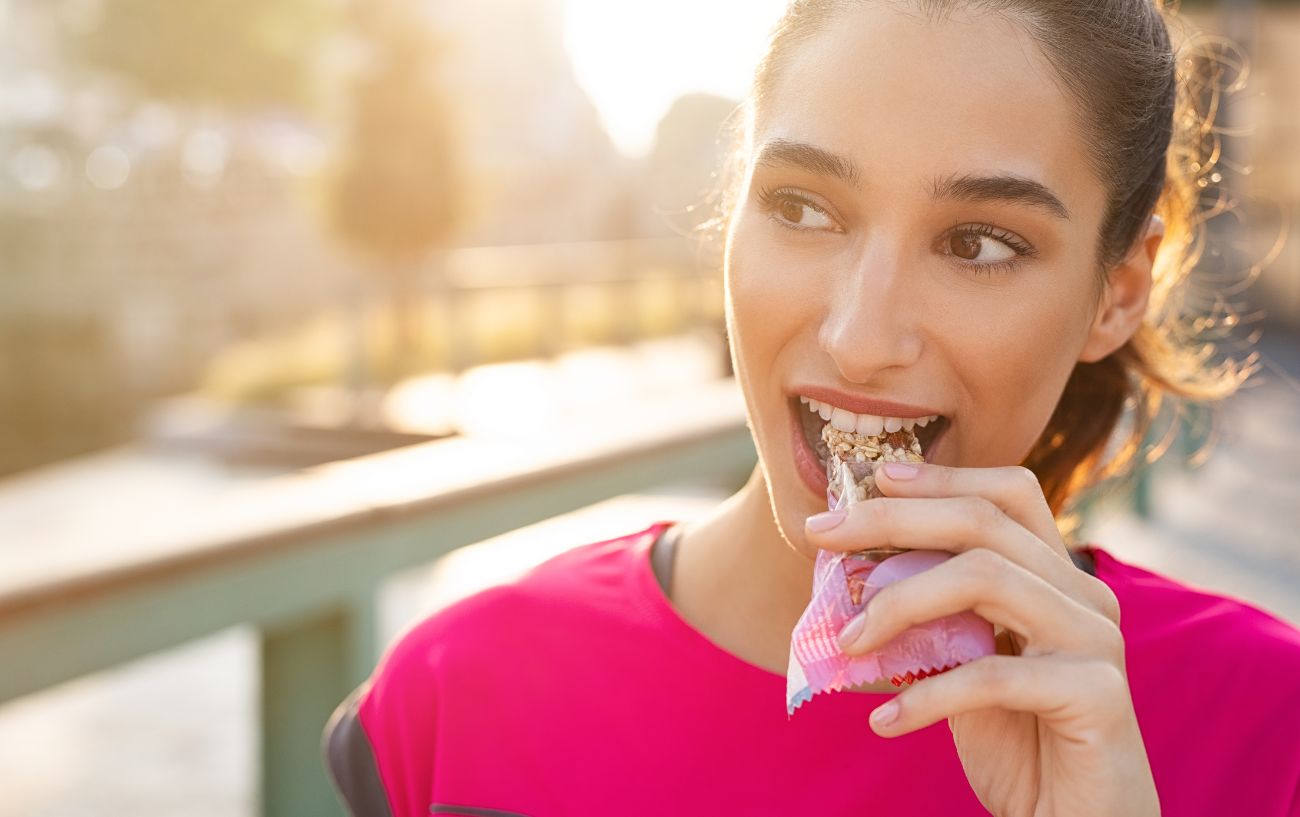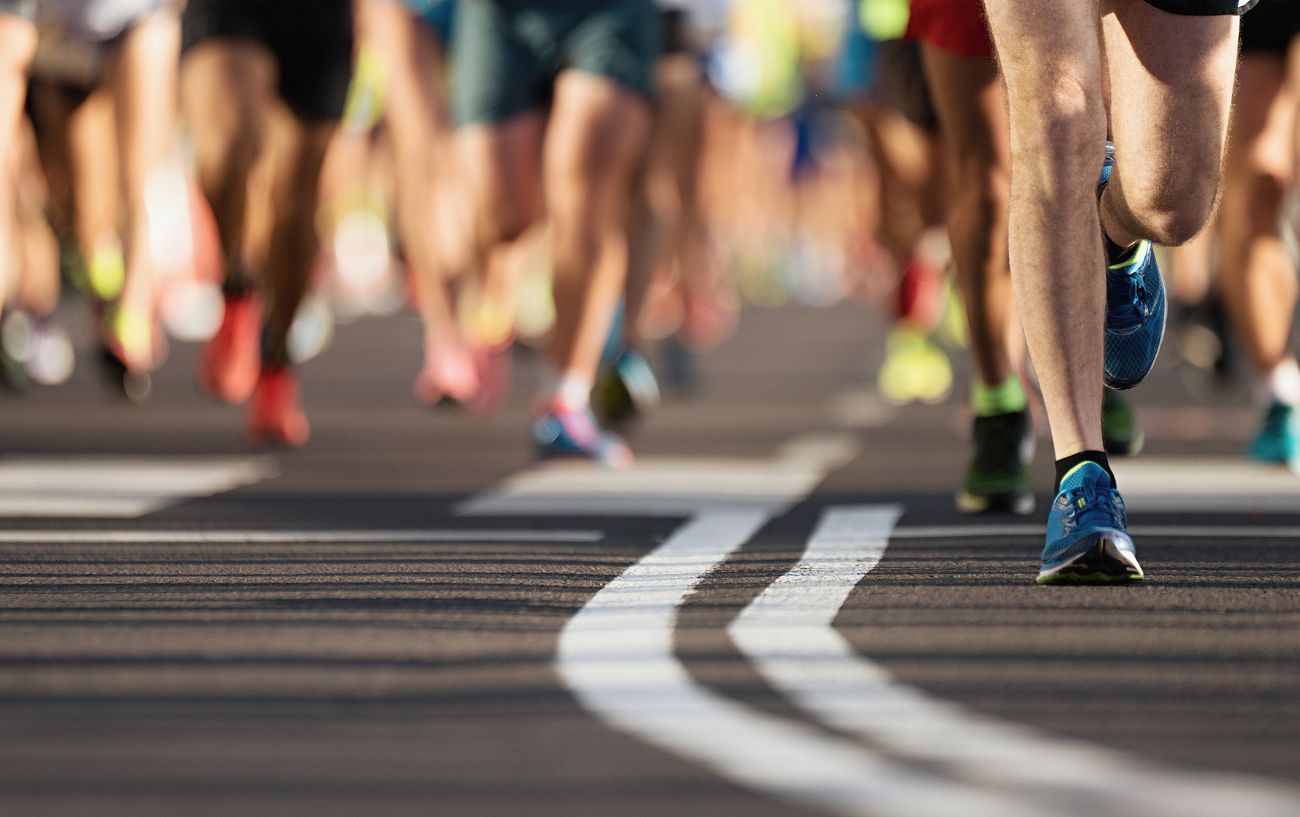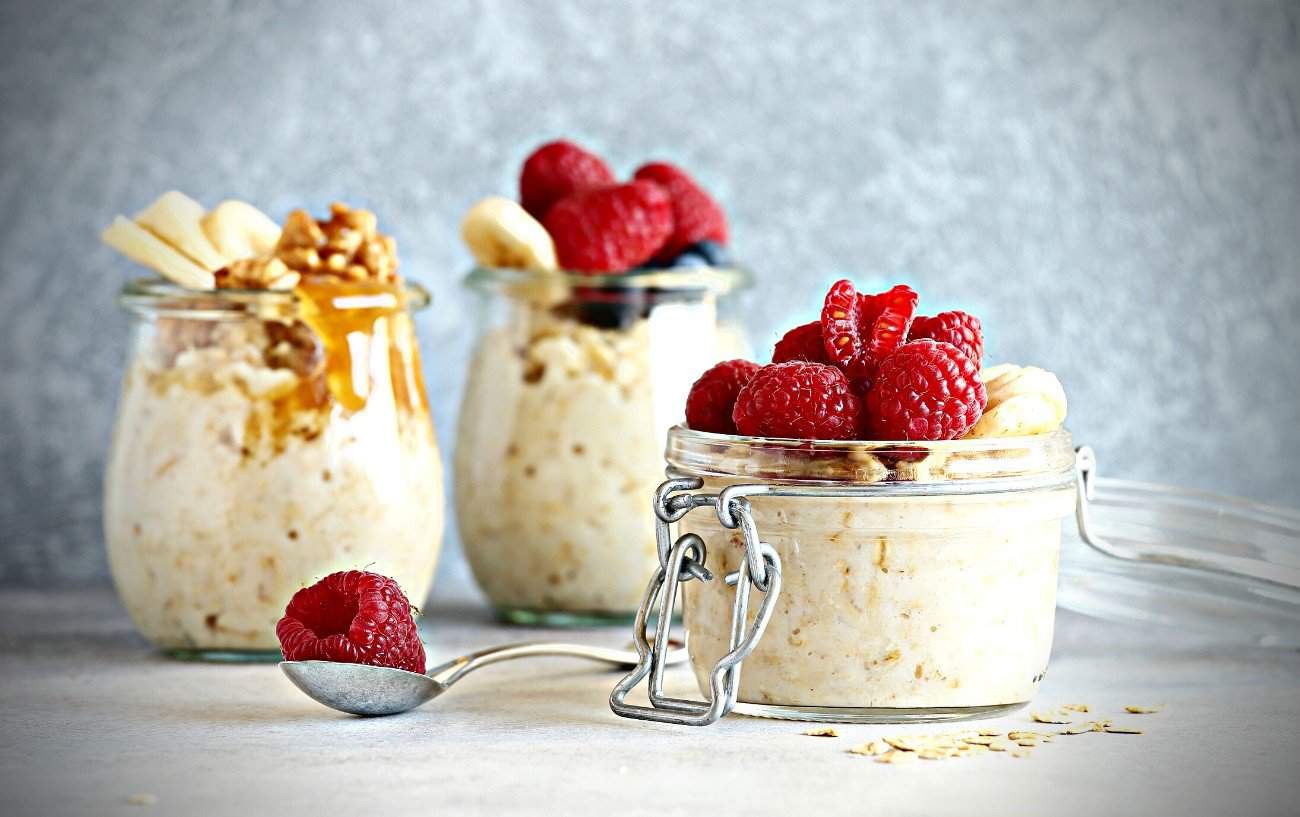There is a lot of information for runners about what to eat before a run and even what to eat before a long run, but you often need to do some digging if you want to find what foods to avoid before running.
In other words, while knowing what is best to eat pre-workout is certainly helpful, it’s equally important to know what not to eat in case your general dietary choices differ from the standard recommendations of the best foods to eat before running.
So, what are the worst foods to eat before running? How do the foods you should avoid before a race differ from the recommendations for what to eat before a run?
In this article, we will briefly discuss why what to eat before a run matters, problems that can arise if you eat the wrong foods before a race or long run, and what foods you should avoid before running to ensure your performance is not sabotaged.
We will look at:
Let’s get started!

Does It Matter What You Eat Before a Race?
When runners prepare for a long run or train for a race, there is certainly a lot of focus and preparation that goes into the actual workouts to train your body and the logistics of the race, such as what you wear, the forecasted weather conditions, what time you need to wake up, hydration, etc.
What you eat before a race or what you eat before a run or a hard workout is equally important.
Food provides fuel for your muscles to support any exercise, and what you eat before a run is particularly important given the high-impact, high-intensity nature of running.
With any vigorous exercise or long run, your body needs plenty of glycogen to fuel your muscles with their preferred source of energy during high-intensity physical activity.
Glycogen is the storage form of carbohydrates, so most of the lists of the best foods to eat before a race center around complex carbs and simple carbs to ensure that your glycogen stores are fully topped off.
What Are The Best Foods To Eat For Energy Before A Long Run Or Race?
Here are some of our top suggestions for pre-run foods, whether it be breakfast or a small snack to get those energy levels up for distance running or intense speed workouts:
Best Pre-Run Snacks
- Oatmeal or porridge, cream of wheat hot cereal
- Low-sugar cereals that don’t have tons of fiber
- Bananas
- Pretzels with peanut butter
- Applesauce
- Plain croissant
- Rice cakes
- Waffles or pancakes
- Fig Newtons or other fruit cookies
- Fruit cereal bars like Nutrigrain bars
- Toast, bagel, or English muffin with jam, butter, or peanut butter
- Crackers
- An energy or high-carb granola bar
- Sweet potatoes
- Bread with healthy fats like peanut butter or almond butter
- Mashed potatoes
- White rice
- Couscous
- Pastina

The longer your race, such as a half marathon or marathon, or the longer your long run, the more important it will be to ensure you have plenty of carbohydrates.
This is so your muscle and liver glycogen stores are fully replenished from any previous depletion from workouts and/or overnight fasting.
The mechanical jostling imposed by running is one differentiating factor that separates the fueling needs of runners vs. cyclists or other endurance athletes participating in low-impact activities.
Particularly if you are running at a faster pace, have a greater vertical oscillation, or have a sensitive gastrointestinal tract, the contents of your gut are subjected to all of the up and down bouncing as you run and impact stress when you land on your feet.1de Oliveira, E. P., & Burini, R. C. (2009). The impact of physical exercise on the gastrointestinal tract. Current Opinion in Clinical Nutrition and Metabolic Care, 12(5), 533–538. https://doi.org/10.1097/mco.0b013e32832e6776
This means that any undigested food still sitting in your stomach or intestines when you hit the race course or head out for your run will be shaken up and slashed around during your workout or race.
This can lead to unpleasant gastrointestinal symptoms such as bloating, gas, diarrhea, nausea, stomach cramps, stitches, and vomiting.
The chance of digestive distress while running increases if you eat too soon before running or choose the wrong foods in your pre-race meal, pre-run meal, or snack.
Ultimately, if your fueling strategy goes awry or you eat the wrong foods before running, you may find that you are doubled over with side stitches, dashing to the nearest Porta-potty on the race course, or otherwise having a subpar race simply because your stomach and digestive tract are impeding your efforts.
On the other end of the spectrum, if you do not eat enough before your race or a longer runs, you may fog or run out of energy, and you will find yourself dragging your body toward the finish line at a much slower pace than you intended to run.

What Are the Worst Foods to Eat Before Running?
Many of the foods you should avoid before running are the same types of foods that are generally considered “bad foods for runners.“
This means that they are relatively devoid of nutrition, high in excess sugar or processed fats, or contain chemicals and other processed ingredients that are not good for your body when trying to improve your health and optimize your running performance.
While foods like soda, fried food, and sugary candy fall into this general category as the “worst foods for runners,“ there are also some nutritious foods that should normally be part of your overall healthy runner’s diet but are not ideal to eat right before a race or a long run because of the potential digestive impact.
The following list includes some of the top foods to avoid before a race or a long run to help prevent digestive problems while running:
#1: Caffeine
Caffeine is not only the most popular psychoactive drug in the world, but it is also one of the most common ergogenic aids for endurance performance.
However, having too much caffeine before running can cause an upset stomach, as caffeine is a stimulant that tends to get your bowels moving (just think about how many people rely on their morning cup of coffee to bring on that first trip to the bathroom!).
If your body is accustomed to running after a cup of coffee or having some other source of caffeine, then you don’t necessarily need to avoid caffeine altogether before running.
Doing so may actually decrease your race performance. Therefore, be mindful of your pre-run caffeine consumption, especially if you have a sensitive stomach.
Make sure you do not have more caffeine than you would normally have on a regular morning, and consider paring back just a bit if you tend to get loose bowels from caffeine.
One thing that tends to work pretty well is that if you are a habitual caffeine drinker, you can cut back your caffeine the week of the race as you taper.
This can actually help improve your sleep and increase your body‘s sensitivity to caffeine on race day. Then, you can have a small cup of coffee and feel energized without overdoing it.

#2: Fatty Foods
The keto diet has really popularized high-fat foods, but for most people, fatty foods fall under the umbrella of foods to avoid before a race or a long run.
Fat takes much longer to digest, so fat will stick around in your stomach and intestines, increasing the likelihood of digestive distress while running.
The muscles also prefer to use carbohydrates during high-intensity exercise because the ability to produce ATP (energy) from carbohydrates is much faster.
Therefore, recommendations for what to eat before a race prioritize carbohydrate-rich foods over fatty foods.
If you want fatty foods before running, avoid fried foods and processed oils. Choose high-quality fats like avocado, coconut, nuts, nut butters, seeds, and whole eggs.
#3: Fibrous Carbs
Although fiber is very important for overall nutrition for runners, eating high-fiber foods before running can cause bloating, gas, and diarrhea.
Fiber takes a long time to digest and break down and tends to produce excess gas in the GI tract because the bacteria that reside in your gut ferment fiber and produce gas as a byproduct.
High-fiber foods to avoid before running include:
- Cruciferous veggies like broccoli, cauliflower, and Brussels sprouts
- Legumes like beans, lentils, chickpeas
- High-fiber cereals with lots of bran
- Fiber bars with inulin
- Artichokes
- Asparagus
- Certain dried fruit
- Lots of avocado

#4: New Foods
Although it’s all well and good to look at a list of the best foods to eat before running and choose foods that sound appealing to you, one of the most fundamental mistakes that new runners often make is choosing to have different foods before a race or a long run than they normally have as part of their everyday diet.
Even if you feel like a runner with an “iron stomach,“ it is best not to experiment with eating something new on race day.
You never know how your gut will respond, and you may end up feeling nauseous, gassy, constipated, or dealing with runner’s trots.
Now that it’s clear what not to eat before a long run or race, what about during a long run or race?
Knowing how to assemble a fueling strategy with energy gels, energy bars, chews, electrolytes, and sports drinks for your long-distance training runs and races is equally important to avoid bonking.
Calculate your grams of carbs and nutritional needs here!
Also, working with a nutritionist or a registered dietitian can help you perfect your running diet and all of your fueling needs.














How about a nice ham sandwich with chips before running,the best!